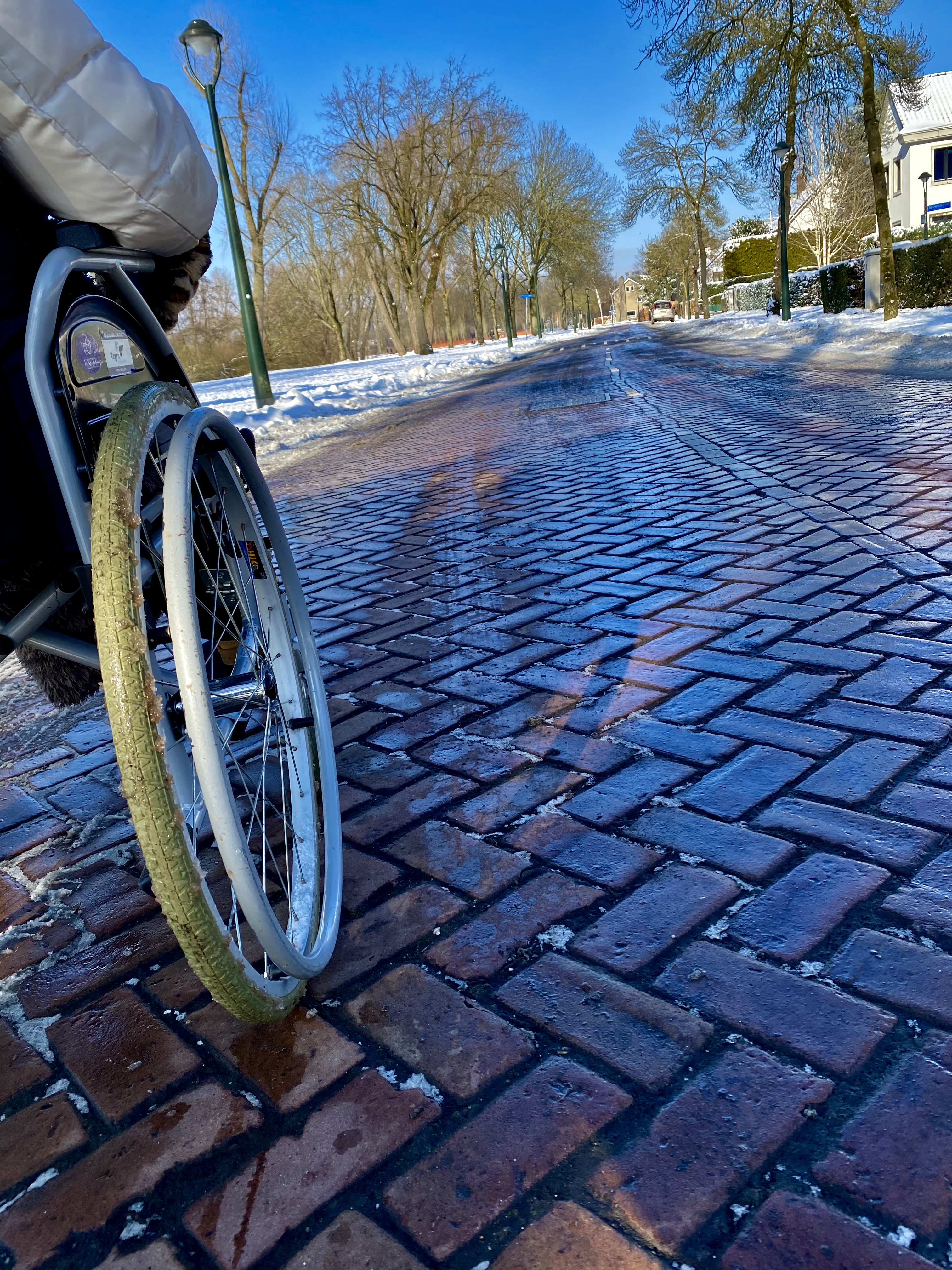Let me give another example of how public space design can influence humans and can have an impact on human behavior. This example, also described in the World Bank's Handbook for Gender Inclusive Planning Design (2020), is about basic municipal services such as snow clearing.
Urban basic services are essential for supporting basic human rights and human values. When these basic services are expensive, of poor quality, unavailable or inaccessible, it has harmful consequences for everyone, but especially for women, girls, sexual and gender minorities and people with disabilities. Often, basic services are particularly important for these groups because of their physical needs, traditional care roles and responsibilities, and gender-related access barriers.
After heavy snowstorms, municipal snowploughs usually clear the biggest, busiest roads first. This is to allow car traffic to flow more efficiently and safely.
Foot and bicycle paths are not swept, are swept later or their sweeping is left to residents themselves. Failure to do so can lead to injuries to cyclists and pedestrians. And above all, footpaths become less accessible for people who depend on wheelchairs or other aids. A deliberate chocie of politicians to disadvantage disabled people?
A political exercise of power in favor of motorists. Moreover, you could even explore the hypothesis that this is in favor of men. Data shows that proportionally older men in particular own more cars than women.

